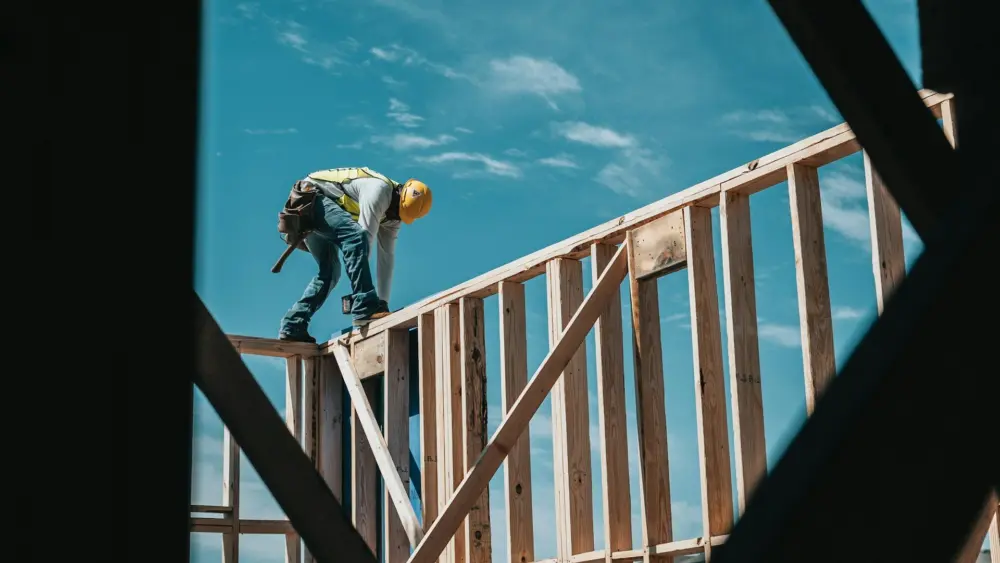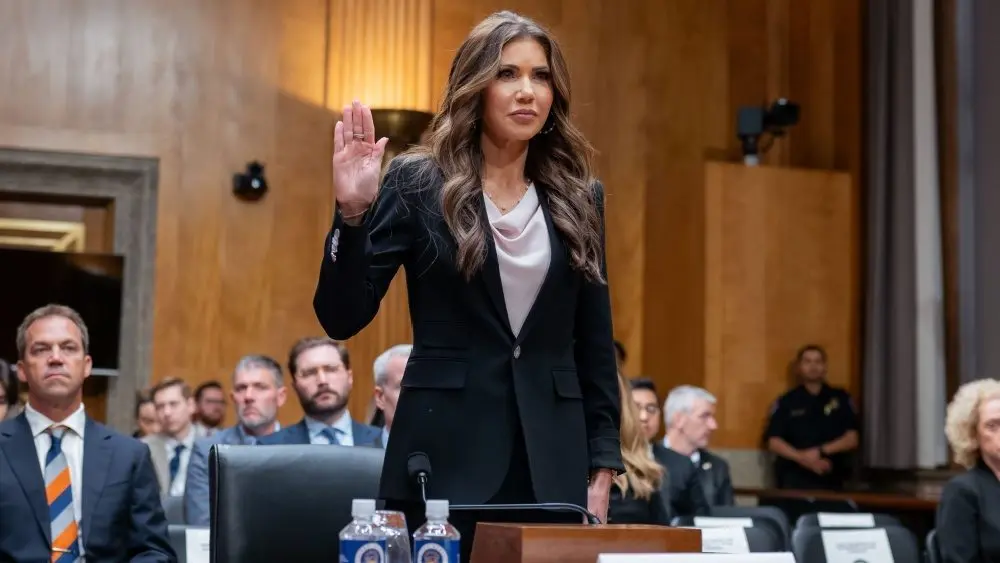WASHINGTON, D.C. – In the wake of President Donald Trump’s executive order aiming to reinstate “common sense” school discipline, more states may follow and expand the authority of teachers and school officials to deal with disruptive students.
The order, signed in April, repeals prior federal guidance that encouraged schools to address racial disparities in discipline, arguing that such policies promoted “discriminatory equity ideology” and compromised school safety by pressuring administrators to underreport serious student misconduct.
In some states, new legislation already is trending toward giving teachers more authority to address student misbehavior.
In West Virginia, for example, a new law creates a structured process for responding to violent, threatening or disruptive behavior among students in grades K-6.
Under the law, a student exhibiting such behavior can be immediately removed from class, evaluated by counselors or behavioral specialists and placed on an individualized behavior plan. If there’s no improvement after two rounds of intervention, the student could be moved into a behavioral intervention program or an alternative learning environment.
West Virginia Gov. Patrick Morrisey, a Republican, and supporters say the law empowers teachers to maintain safe classrooms.
“This legislation provides teachers with the tools to regain control of the classroom and ensure safe learning environments for our kids,” Morrisey said at the bill’s signing.
In April, the Texas House of Representatives passed a bill referred to as the “Teacher’s Bill of Rights” with a bipartisan vote of 124-20.
That bill, now sitting in the Senate’s education committee, would significantly expand the grounds for out-of-school suspensions, allowing students to be suspended for repeated disruptions or threats beginning in third grade. It would reverse earlier changes that limited suspensions for younger students. It also would mandate that students making terroristic threats or assaulting school employees be placed in alternative education programs for at least 30 days.
Texas civil rights groups argue that the bill would impose a one-size-fits-all punitive approach, rather than addressing students’ developmental and behavioral needs.
Alycia Castillo, associate director of policy at the Texas Civil Rights Project and a former teacher, said state lawmakers are taking the wrong approach by mandating sweeping discipline policies for a state as diverse as Texas.
Children are naturally disruptive — that’s part of their development.
– Alycia Castillo, associate director of policy at the Texas Civil Rights Project
During the 2020-21 school year, according to the latest data available from the U.S. Department of Education, Black students faced the highest rates of disciplinary action across all categories — suspension and expulsion — among all racial and ethnic groups.
They were 39% more likely than white students to receive in-school suspensions, 70% more likely to face out-of-school suspensions, and 71% more likely to be expelled.
The disparities were even starker for Black students with disabilities, who experienced suspension and expulsion rates far exceeding those of both their white peers and non-disabled students.
Reviving old, harsh disciplinary policies risks disproportionately harming students of color, students with disabilities and those from low-income backgrounds, Castillo said.
“What works in Austin may not work in West Texas,” Castillo said.
“Children are naturally disruptive — that’s part of their development,” she added. “Excluding them only harms their growth into functional adults.”
Restorative justice models
In recent years, some other states have passed laws promoting restorative practices in schools, in which students and teachers work through problems and focus on repairing the harm caused by disruptions or conflict.
Michigan’s 2017 law requires schools to consider restorative approaches before suspensions or expulsions, aiming to repair harm rather than exclude students. Nevada began mandating restorative justice approaches in 2019, but scaled back that approach in 2023.
This year, Maryland passed a law requiring the state to establish “restorative practices schools,” specific schools with trained educators who use the approach in everyday discipline.
Kimberly Hellerich, an assistant professor at Sacred Heart University and a former K-12 teacher, said discipline policies should go beyond punitive measures to foster accountability and community healing.
“Adding restorative practices to accompany codes of conduct can allow students to recognize the impact of their actions on themselves, peers, the teacher, the class and the school community,” Hellerich said.
In her own classrooms, Hellerich used what she called “community circles” to guide students in processing behavior, offering apologies and rebuilding trust. “The apology served as a way to restore the student’s relationship with the entire class community,” she said.
Calls for a cultural shift on expectations
While lawmakers debate discipline procedures, other education advocates warn that an even deeper issue is unfolding inside classrooms: the gradual erosion of behavioral expectations and academic rigor.
Discipline is the backbone of effective learning.
– Jessica Bartnick, co-founder and CEO of Foundation for C.H.O.I.C.E.
Jessica Bartnick, co-founder and CEO of the Dallas-based mentorship program Foundation for C.H.O.I.C.E., said that declining school discipline and lowered standards are quietly undermining educational outcomes.
“Discipline is the backbone of effective learning,” Bartnick, who supports the Texas legislation, told Stateline in an email. “Without it, classrooms become chaotic, instructional time is lost and teachers are forced to shift their focus from instruction to behavior management.”
Bartnick said efforts to promote equity sometimes inadvertently lower behavioral standards and deprive teachers of the tools they need to maintain safe learning environments.
She also criticized lenient grading policies and unlimited test retakes, arguing that they diminish the value of preparation, responsibility and resilience.
“If students are shielded from the discomfort of failure, they are also shielded from the growth that comes with it,” she wrote. “If we want to prepare students for a world that will not offer endless second chances, we must return to a classroom culture grounded in discipline, responsibility, and rigor.”
Stateline reporter Amanda Hernández contributed to this report. Stateline reporter Robbie Sequeira can be reached at rsequeira@stateline.org.
Stateline is part of States Newsroom, a nonprofit news network supported by grants and a coalition of donors as a 501c(3) public charity. Stateline maintains editorial independence. Contact Editor Scott S. Greenberger for questions: info@stateline.org.





